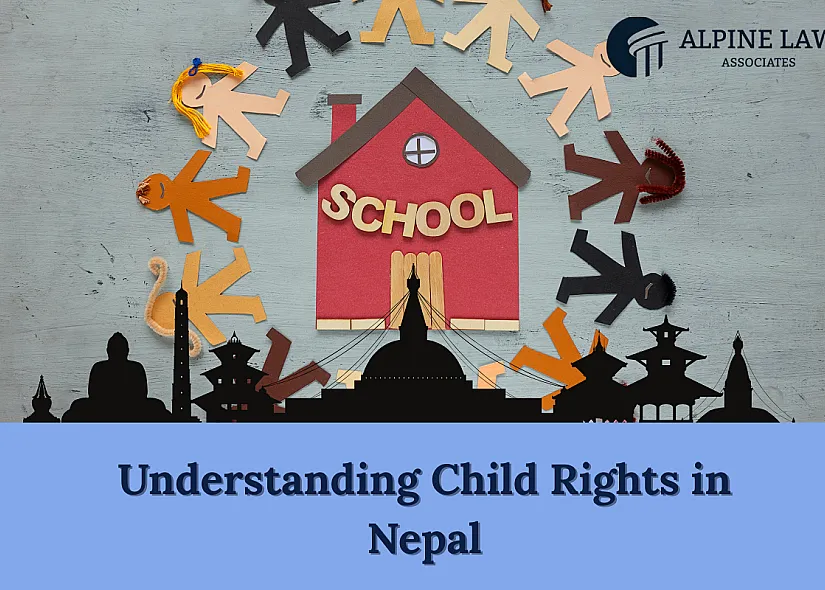Succession Laws in Nepal: Inheritance, Rights, and Procedures
Inheritance law in Nepal is governed by the Muluki Civil Code 2074 and outlines how a deceased person’s property and responsibilities pass to legal heirs. Whether through testate or intestate succession, the law ensures equitable distribution among spouses, children, and close relatives, with a defined order of preference. Special provisions exist for distant heirs and cases where no heirs are present. This article provides a comprehensive overview of succession rights, responsibilities of inheritors, and legal procedures involved. Alpine Law Associates offers full legal support to protect your inheritance rights in Nepal.



-thumb_big.webp)
-thumb_big.webp)
-thumb_big.webp)
-thumb_big.webp)
-thumb_big.webp)

-thumb_big.webp)
-thumb_big.webp)